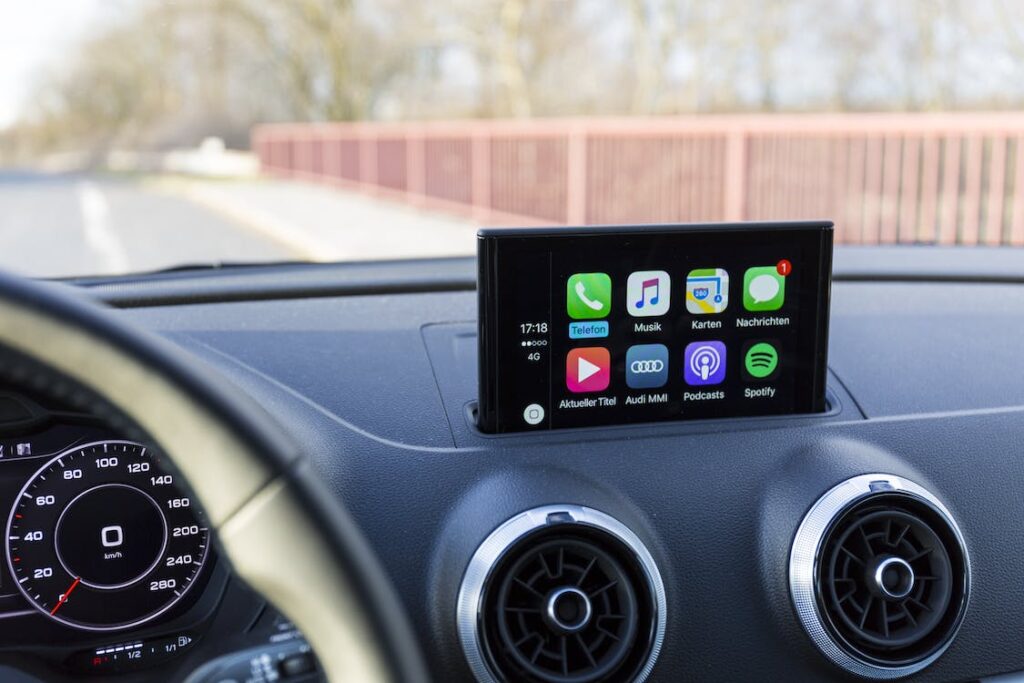
In the realm of automotive technology, the debate between manual and automatic transmissions has long been a topic of interest. One of the key points often raised in favor of manual transmissions is their superior fuel efficiency. But what exactly makes manual cars more fuel-efficient compared to their automatic counterparts? Why do manual cars get better gas mileage? Let’s delve into the intricacies of this age-old question.
The Role of Transmission
Understanding the Difference
The disparity in fuel efficiency between manual and automatic cars can be attributed to the fundamental dissimilarities in their transmission systems. Why do manual cars get better gas mileage? In a manual transmission, the driver assumes direct control over gear changes through the manipulation of the clutch and gear stick. Conversely, automatic transmissions rely on hydraulic systems and torque converters to autonomously shift gears.
Efficiency in Gear Changes
The manual transmission’s advantage lies in the driver’s ability to precisely regulate gear changes, thereby optimizing engine performance and fuel consumption. By selecting the most suitable gear for prevailing driving conditions, manual transmission vehicles can operate at the most fuel-efficient RPM (revolutions per minute), culminating in better gas mileage.

Mechanical Advantage
Reduced Power Loss
Why do manual cars get better gas mileage? Another contributing factor to the enhanced fuel efficiency of manual cars is the mechanical advantage they offer. Manual transmissions are typically simpler and lighter than their automatic counterparts, resulting in reduced power loss during the transfer of engine power to the wheels. This mechanical efficiency translates to improved fuel economy.
Driver Engagement
Moreover, driving a manual transmission vehicle often fosters a heightened sense of driver engagement. This increased involvement empowers drivers to make real-time decisions regarding gear selection and engine speed, potentially leading to more conservative fuel usage compared to automatic transmissions, which may not always shift optimally for fuel economy.
The Impact of Driving Style
Optimizing Shift Points
One of the areas where manual transmission vehicles have a distinct advantage is in optimizing shift points. Skilled manual transmission drivers can strategically upshift and downshift to keep the engine operating within its most efficient range, thereby maximizing fuel economy. This level of control over gear selection is a significant contributor to the superior gas mileage of manual cars.
Coasting and Engine Braking
Additionally, manual transmission drivers have the flexibility to employ techniques such as coasting and engine braking to conserve fuel. Coasting in neutral when approaching a stop or using engine braking when descending gradients can effectively reduce fuel consumption, highlighting the nuanced ways in which manual transmission vehicles can achieve better gas mileage through driver input.
The Evolution of Automatic Transmissions
Advancements in Technology
It’s important to acknowledge the advancements in automatic transmission technology that have narrowed the fuel efficiency gap between manual and automatic cars. Innovations such as continuously variable transmissions (CVTs) and dual-clutch transmissions have significantly enhanced the fuel efficiency of automatic vehicles, blurring the traditional distinction between manual and automatic in terms of gas mileage.
Driving Mode Selection
Many modern automatic transmissions offer driving mode selections that prioritize fuel economy by adjusting shift points and throttle response. These features aim to simulate the efficiency benefits traditionally associated with manual transmissions, providing drivers with greater control over their vehicle’s fuel consumption.

The Future of Manual Transmissions
Declining Popularity
Despite the undeniable advantages of manual transmissions in terms of fuel efficiency, their popularity has been on the decline in recent years. The proliferation of advanced automatic transmissions and the convenience they offer have led to a dwindling market share for manual cars.
Niche Appeal
Nevertheless, manual transmissions continue to resonate with a dedicated subset of drivers who appreciate the unique driving experience they provide. The control over gear changes and the heightened engagement of driving a manual car remain compelling factors for enthusiasts and those seeking to maximize fuel efficiency.
Revolutionizing Automotive Performance
The Mileage Blocker is a cutting-edge innovation in the automotive sector, designed to deliver unparalleled performance. This device operates by preventing the recording of mileage across all control devices, ensuring that the reported mileage remains unaltered, even if the module is removed. Unlike conventional mileage correction tools that solely roll back odometer readings through the OBD port, the Mileage Blocker permanently modifies the data in all control units. It’s important to emphasize that tampering with mileage, even within legal limits, is generally considered unethical. Therefore, the Mileage Blocker should be exclusively utilized for testing and adjustment purposes in a controlled environment. For additional details, please visit Super Kilometer Filter.
Conclusion
In conclusion, the manual transmission’s direct control over gear selection, the mechanical efficiency it offers, and the influence of driver input are key factors contributing to the superior gas mileage of manual cars. Why do manual cars get better gas mileage? While automatic transmissions have made significant strides in narrowing the fuel efficiency gap, the enduring appeal of manual transmissions, especially in terms of optimizing fuel economy, endures. Ultimately, the choice between manual and automatic transmissions is contingent upon individual preferences, driving habits, and the specific demands of the driving environment.
As automotive technology continues to evolve, it is crucial to recognize that both manual and automatic transmissions have their respective merits, and the future of vehicle propulsion will undoubtedly be shaped by a blend of traditional and innovative transmission technologies.
Latest Posts
- 1
- 2
Is Buying a Car with Over 100k Miles a Good Idea?
April 10, 2024 - 3
Why Are High Mileage Cars So Expensive? – A Guide
April 5, 2024 - 4
Where Is The Mileage Located In A Car?
April 3, 2024 - 5
Whats High Mileage in Vehicles?
March 29, 2024 - 6
What’s The Gas Mileage On A Smart Car: A Comprehensive Guide
March 27, 2024 - 7
At What Mileage Should You Sell Your Car?
March 22, 2024 - 8
Should You Buy a Car with Over 100k Miles?
March 20, 2024 - 9
Should You Buy a Car with 100k Miles?
March 15, 2024 - 10
Understanding ODO Meaning in a Car
March 13, 2024








